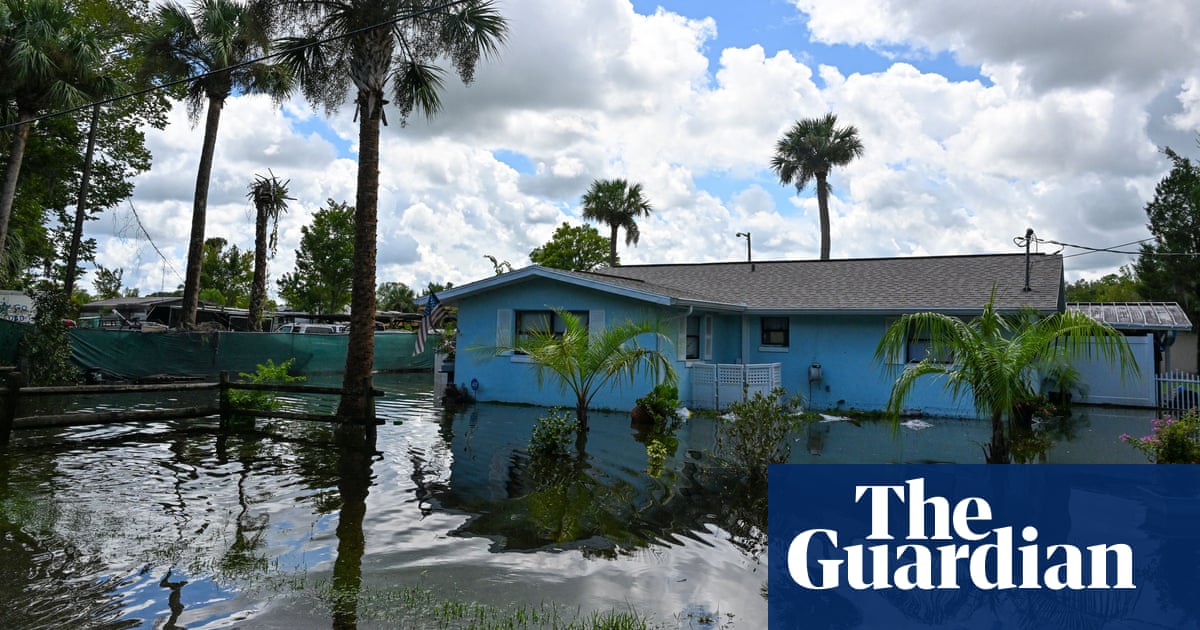The 2024 Atlantic hurricane season will be “above normal” amid very warm ocean temperatures, the National Oceanic and Atmospheric Administration has predicted, prompting some scientists to warn of a summer of natural disasters caused by the powerful storms.
Hurricane season, which takes place from 1 June to 30 November this year could be an “85% chance of an above-normal season”, the federal weather agency said on Thursday.
Reasons for the unusual season include “near-record warm ocean temperatures in the Atlantic Ocean, development of La Niña conditions in the Pacific, reduced Atlantic trade winds and less wind shear, all of which tend to favor tropical storm formation”.
The strongest El Niño, a weather phenomenon in the Pacific Ocean in which surface water temperature warms up, ever observed is coming to a conclusion, leading to La Niña conditions which increase the number and intensity of hurricanes.
Noaa predicts between 17 and 25 total named storms, with winds of 39mph or higher. Of these, eight to 13 are forecast to become hurricanes, with winds of 74mph or higher, “including four to seven major hurricanes (category 3, 4 or 5; with winds of 111mph or higher)”.
The Union of Concerned Scientists responded to Noaa’s stark prediction.
“As a climate scientist that tracks hurricane activity, I recognize that the fun-filled summer season has increasingly become a time of dread for the dangers that await,” said Astrid Caldas, a senior climate scientist for community resilience at UCS.
“The people and places that have found themselves in the path of a tropical storm can attest to its utter and enduring devastation, which often hits communities of color and low-income communities the hardest.”
The increasingly higher sea levels and severe hurricane seasons have battered coastal communities, leading to great loss of life and property.
Caldas added: “US coastal communities are tired of crossing their fingers and hoping these storms of epic, record-breaking proportions veer away from their homes, dissipate, or spin out over the Atlantic. It’s imperative that local, state and federal policymakers and emergency planners help keep communities safe by prioritizing investments to get homes, businesses and infrastructure in frontline communities climate-ready and be prepared to ensure a quick and just recovery should disaster strike.”
Caldas also called for policy to slash the heat-trapping emissions fueling the climate crisis.

